Trump Administration Considers Expanding Travel Restrictions to Over 40 Countries
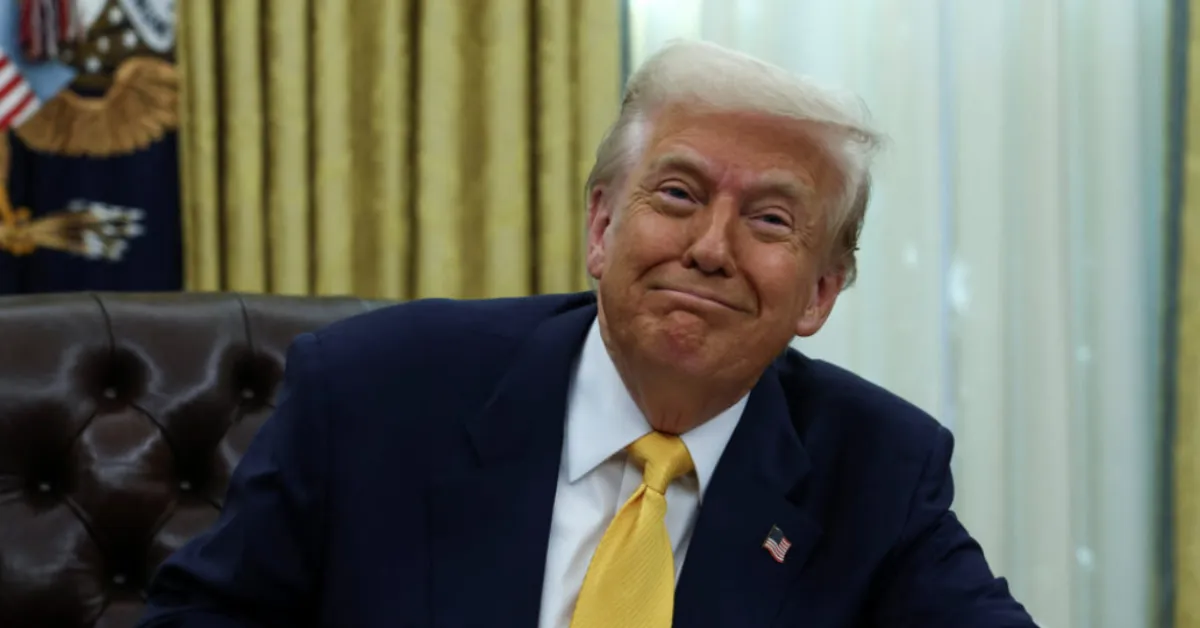
The Trump administration is weighing a significant expansion of its travel restrictions, potentially impacting citizens from as many as 43 countries.
Draft documents circulating within the State Department outline a tiered system based on evaluations of each nation's vetting and security protocols, raising concerns about diplomatic repercussions and the fairness of immigration policies. The proposed policy, an outgrowth of an executive order issued early in President Trump's term, directs the State Department to identify countries with inadequate vetting procedures. This echoes the administration's initial travel bans, which faced legal challenges before being partially upheld by the Supreme Court.
According to leaked drafts, a "red list" would impose a complete travel ban on 11 nations: Afghanistan, Bhutan, Cuba, Iran, Libya, North Korea, Somalia, Sudan, Syria, Venezuela, and Yemen. An "orange list" would restrict entry for 10 countries—Belarus, Eritrea, Haiti, Laos, Myanmar, Pakistan, Russia, Sierra Leone, South Sudan, and Turkmenistan—potentially allowing business travelers but curtailing immigrant and tourist visas.
The inclusion of certain countries, such as Bhutan, and the potential inclusion of Russia, given President Trump's previous efforts to improve relations with Moscow, have prompted questions about the assessment criteria. A final "yellow list" of 22 countries would face a 60-day probationary period to address perceived deficiencies in areas like information sharing and passport security. Failure to comply could result in placement on one of the more restrictive lists.
Critics argue that such broad restrictions could unfairly target already vulnerable populations and damage diplomatic relations. The potential impact on individuals with existing visas and green cards remains uncertain, fueling anxiety within immigrant communities. The policy's implications extend beyond immediate travel disruptions, raising fundamental questions about balancing national security with openness and inclusivity.


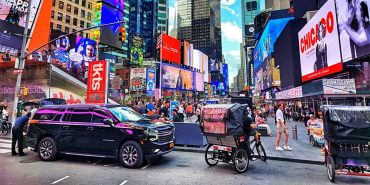
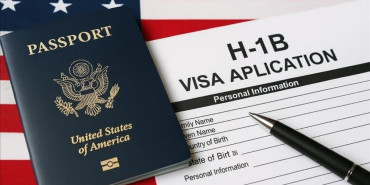



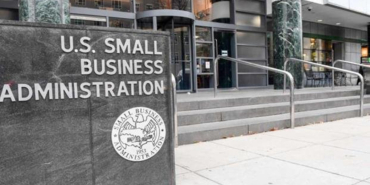
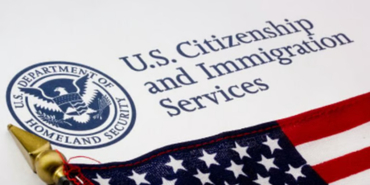
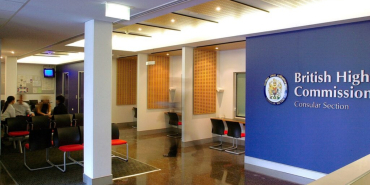

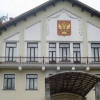

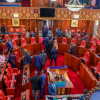
Add new comment